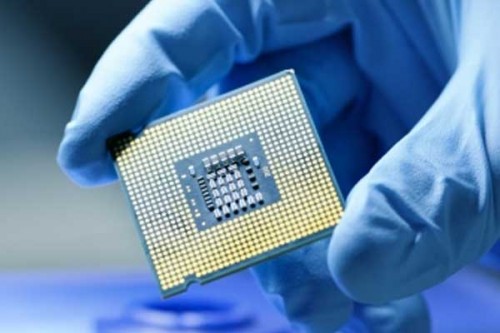US toughens rules on exports of advanced computing chips to China

Washington, Oct 18 (IANS) The US Department of Commerce has announced a set of rules to update and strengthen its restrictions on the export of advanced computing semiconductors to China in an apparent move to further curb China's technological advancement.
The department's Bureau of Industry and Security (BIS) released the rules to reinforce the export controls, which were published about a year ago to restrict China's ability to purchase and manufacture certain high-end chips critical for military advantage, the bureau said in a press release.
The rules include notification requirements for the export of certain chips "with performance just below the restricted threshold" and new measures to stop firms from China and other "countries of concern" from securing controlled chips through their foreign subsidiaries, reports Yonhap news agency.
The measure to address risks of circumvention of the controls called for a worldwide licensing requirement for the export of controlled chips to any company headquartered in a country or territory subject to a US arms embargo, including China, or Macau, according to the release.
"Today's updated rules will increase effectiveness of our controls and further shut off pathways to evade our restrictions. These controls maintain our clear focus on military applications and confront the threats to our national security posed by the PRC Government's military-civil fusion strategy," Secretary of Commerce Gina Raimondo was quoted as saying.
"As we implement these restrictions, we will keep working to protect our national security by restricting access to critical technologies, vigilantly enforcing our rules, while minimising any unintended impact on trade flows," she added.
In the latest update, the Department also added 13 Chinese companies to the "entity list" of those deemed to be involved in activities contrary to US national security and foreign policy interests.
The companies include Shanghai Biren Intelligent Technology Co. and Moore Thread Intelligent Technology Co. as well as their subsidiaries.
"Foundries producing chips for these listed parties will need a BIS license before the foundries may send such chips to these entities or parties acting on behalf of these entities," it said.
Last week, the department issued a rule updating general authorisations for Samsung Electronics and SK hynix to keep supplying their China-based plants with certain US semiconductor manufacturing equipment.
The rule update designated the two South Korean chipmakers as "verified end users (VEU)" -- a status that reduces the licensing burden on their operations in China.

|

|

